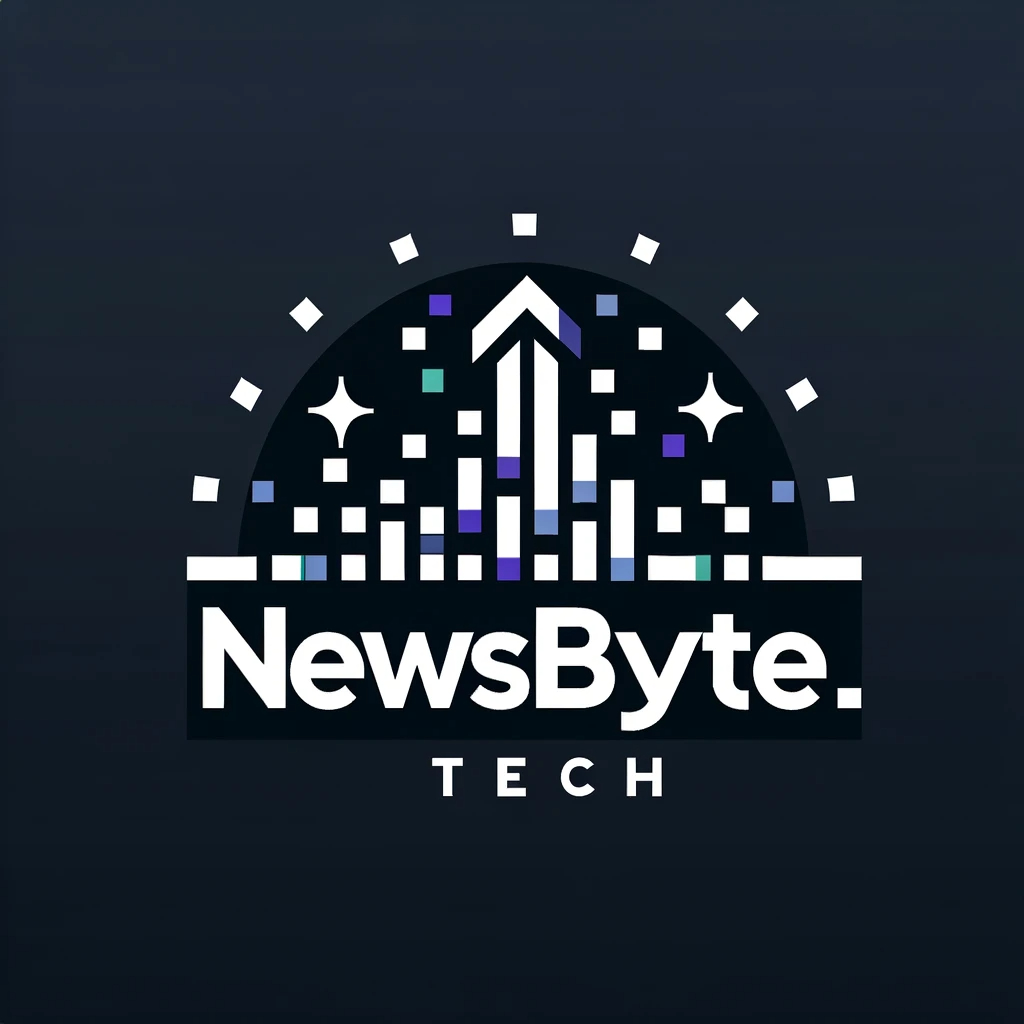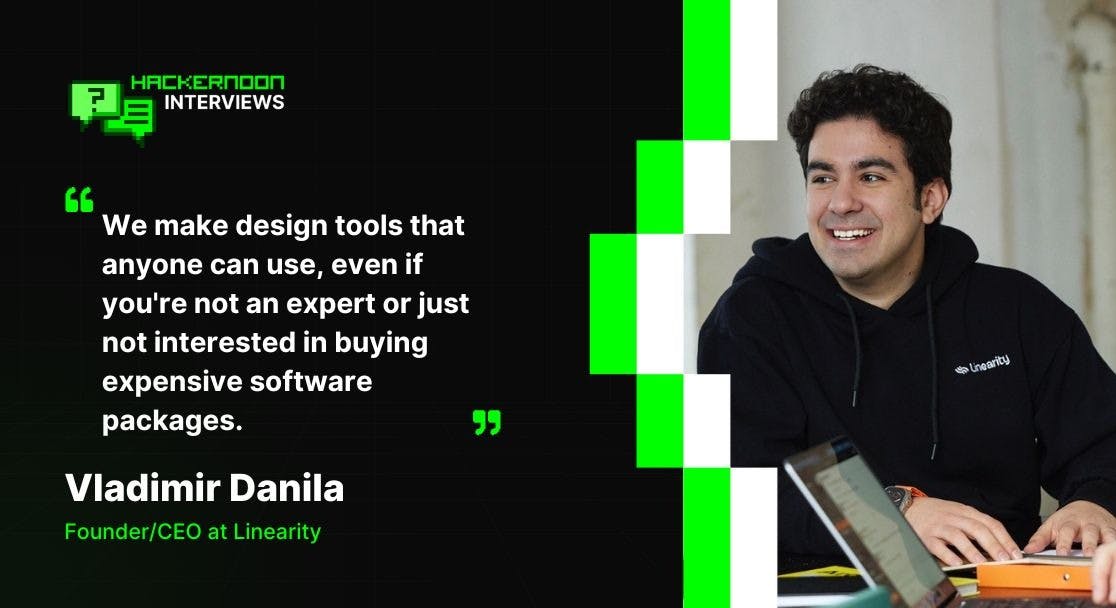HackerNoon: What is your company in 2–5 words?
Vladimir Danilla: Linearity makes a platform for graphic and motion design software.
Why is now the time for your company to exist?
Today, a lot of communication is images or video. We make design tools that anyone can use, even if you're not an expert or just not interested in buying expensive software packages. For us it feels like product design has a very great packaging now with Figma but in the marketing and animation world there's a huge gap that nobody does well yet.
What do you love about your team, and why are you the ones to solve this problem?
Our team is great at executing fast, and this is what we need to win the established players. It's not the big eating the small; it's the fast that eat the slow.
If you weren’t building your startup, what would you be doing?
Initially, I wasn't trying to build a startup. I was just solving my own issues with design software that I wasn’t satisfied with. Later on, that turned into Linearity, and I'm glad I'm not doing this alone anymore. If I didn’t have the company, I’d likely still be working on similar problems.
At the moment, how do you measure success? What are your metrics?
Being a user-centric startup, we’re measuring both our growth in terms of user numbers and assets created, as well as customer satisfaction. Our software is used to create millions of design assets every week.
In a few sentences, what do you offer to whom?
We're a comprehensive design platform, tailored for designers in marketing who work with graphics and motion design. The platform includes Linearity Curve, graphic design software, and Linearity Move, which lets businesses create their own high-quality animations in-house and without motion graphics experts. This boosts productivity, reduces costs, and makes marketing efforts more effective.
What’s most exciting about your traction to date?
Professionals at top companies like Disney, Marvel, BBC, and Apple use and love our software.
Where do you think your growth will be next year?
Linearity Curve is already used to create millions of assets every week, and having just launched Linearity Move, we hope it reaches the same level of usage by next year.
Tell us about your first paying customer and revenue expectations over the next year.
Linearity Curve was formerly known as Vectornator and was available free of charge. We’ve only recently created a freemium offer and a lot of our free user base has already converted.
What’s your biggest threat?
The major players in our field are companies like Adobe and Canva. However, we think that coping with the rise of AI will be key to success, and we are well-prepared to do just that.

